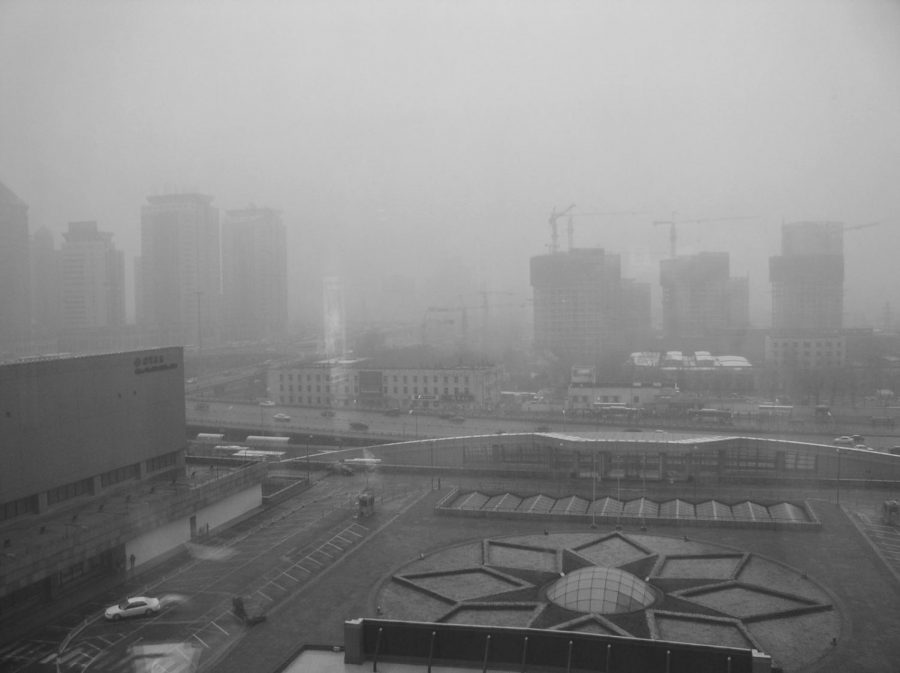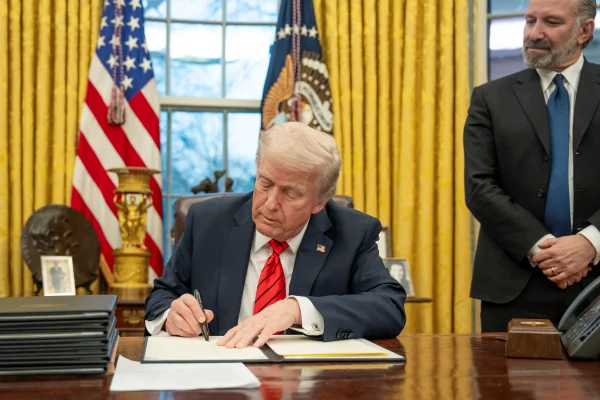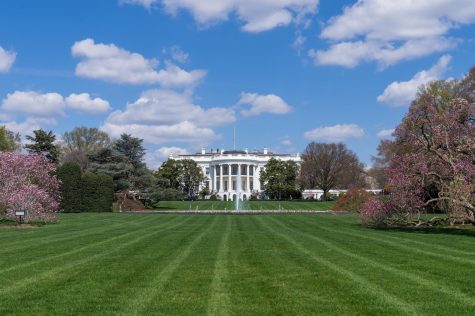The Growing Impact of Climate Change in China
Chinese leaders are faced with a difficult and new decision: push economic growth through coal, or protect the planet with regulations.
A UN Climate Summit, known as COP24, is currently going on in Poland, and as the United States takes a back seat, China stepped forward. The Chinese economy has a growing green energy sector, according to Wired, but it is one of the world’s biggest carbon polluters.
Chinese leaders are also exporting dirty energy around the world through their “belt and road” program which aims to spur economic growth in countries like Vietnam, Pakistan, and Kenya. The program has increased the amount of coal-fired power plants in those countries as well.
Andrew Light, a senior fellow at the World Resources Institute and a former climate negotiator in the Obama administration, is worried about China’s role at the summit.
“The negotiations abhor a vacuum,” he said. “The US is not showing leadership, so China steps in.”
The latest climate negotiations are being held in Silesia, Poland, which is the capital of Poland’s coal-producing region. The negotiations are focused on ways to “measure and verify each country’s stated emissions reductions,” Wired reported.
China burns half of the world’s coal and has added 40 percent of the world’s coal capacity since 2002. More than 4.3 million Chinese people work in coal mines, compared to only 76,000 in the United States. According to The Washington Post, there’s a 5 percent growth of emissions in China every year.
On the other hand, China is also a leader in green energy.
Jonas Nahm, an assistant professor of energy, resources, and environment at the Johns Hopkins University School of Advanced International Studies, reported that China owns half of the world’s electric vehicles and 99 percent of electric buses
Similarly, one quarter of its electricity comes from renewable power like solar or wind, and it uses cheap silicon panels to drive down the price of solar energy worldwide.
“It doesn’t come from an altruistic place,” Nahm acknowledged. “They are doing this as an economic development strategy.”
Nahm found that up to 40 percent of renewable energy is wasted because there’s no national power market in China, causing coal plants to continue to pop up.
“The air pollution crisis is a reason to get away from the coal,” he said. “That’s the first environmental crisis that’s pushed the government to act, and then the impact of climate change.”
He added, “There’s desertification, water shortages, giant dust storms, and some of these problems are getting more severe.”
While some argue that getting rid of air pollution is positive, but NPR reported that it could increase global warming because it would provide less of a barrier from the sun.
Climatologists in the scientific journal Nature claimed that air pollution has literally been cooling the atmosphere by blocking out solar radiation, meaning less air pollution in China could mean more warming for the Earth.
The Chinese government’s future actions against climate change are unclear, but one thing’s for sure: the world will be watching.
Ellie Wolfe is a senior from Northampton Massachusetts. In her free time, she enjoys going for runs and hanging out with her friends, and runs The Willistonian...











